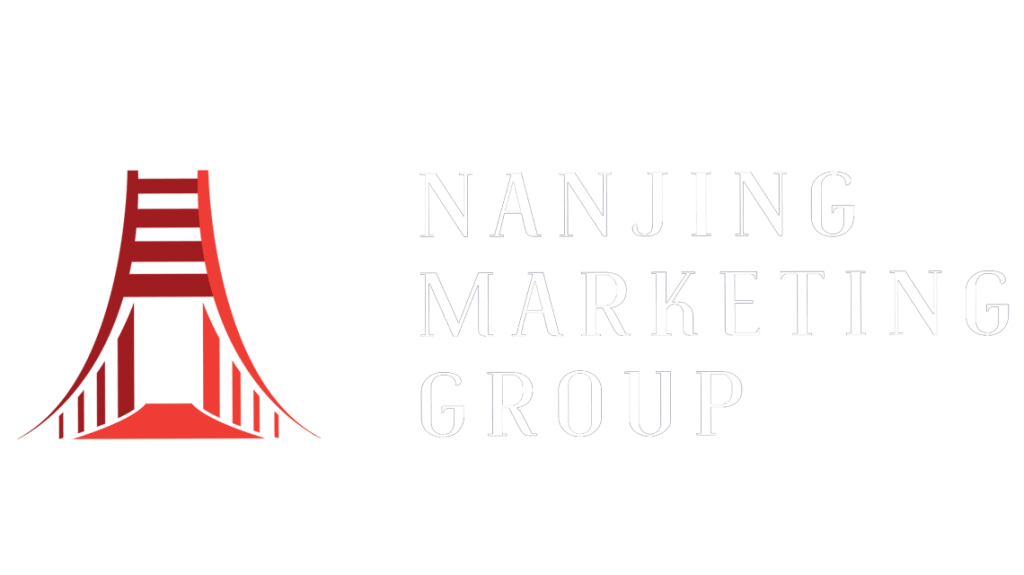Being British I duly obliged with the request, but it got me thinking about the marketing of festivals and public holidays in general. I’ve been living in China now for two and a half years and I know that the Chinese like to celebrate some of the Western traditional holidays. But I wanted to find out about the marketing of Chinese festivals.
The year of the horse
Chinese New Year or Spring Festival is the biggest holiday in China. It takes place in January or February and is a big family celebration equivalent to Christmas in the West. Every year is symbolized by one of the animals from the Chinese zodiac. Two years ago it was the dragon, a highly popular animal. Last year it was the snake and this year it is the horse.
Some time in January I started seeing advertising in the big shopping malls looking forward to the holiday. The ads were using the horse symbol of course, but it was the Chinese language associated with the adverts that interested me.
Most of the language centered around the word for horse in Chinese 马 (ma). The phrase 马上 (ma shang) is a common way to say immediately or right away e.g. 我马上来 (wo ma shang lai) I’m coming right away.
But in a literal sense it can also mean ‘on the horse’ – 上 (shang) also means on. So a lot of the adverts used the play on words of the common phrase ‘right away’ with desired aims for the new year shown on horseback. Below are five examples.

All of these adverts show the desire on the horse’s back and then have a phrase related to this:
马上有钱 (ma shang you qian) to have money soon.
马上有对象 (ma shang you dui xiang) to get a new partner right away.
马上放假 (ma shang fang jia) to immediately go on holiday.
马上有车 (ma shang you che) to soon get a new car.
马上有房子 (ma shang you fang zi) to move into a new place soon.
I wondered if these types of adverts for Spring Festival were common in the past so I talked to some of my colleagues. For this year the play on words with the year of the horse just worked. It appealed to the desire of people to look forward to the New Year festivities.
The marketing people were able to use the pictures to encourage people that the things they wanted right now, cars; houses; love; travel and money were attainable. This type of advertising i.e. products on the back of a horse was also used on television and online in the build up to Spring Festival 2014.
TV and Internet advertising
I want to show you two television adverts in China from this year: one for Chinese New Year and the other for International Women’s Day (very popular in China). Unfortunately you can only watch them in China so I’ve taken some screen shots and will show you the gist of them.
I think both are very different, appealing to different groups of people. But both are funny, witty and clever and I think give a good idea of Chinese marketing.
The first is for Suning.com. There is a song running through the advert that again uses clever play on words. The lyrics are, “想神马,就有神马(xiang shen ma, jiu you shen ma)”
This is translated as, “Want the mystical horse (神马 i.e. a unicorn), you can have the mystical horse at once”. But the clever play on words is from the characters神马. In Internet slang神马 is also used for what (什么 (shen me)). The words sound the same but have different tones. They are almost homonyms if you like.
So the song running through the advert could be meant as, “What do you want? You can have what you want at once”.
The advert starts with a couple in their apartment.
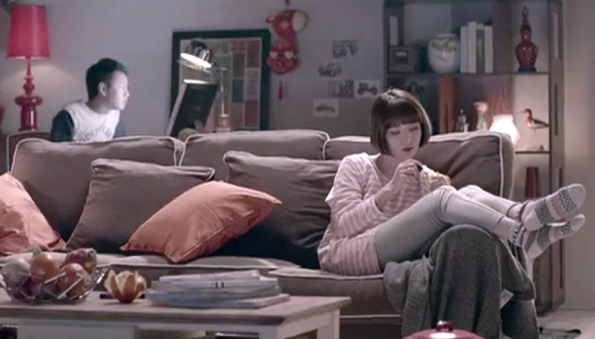
The girl on the couch is saying to the guy, “When are we having our honeymoon? If you don’t give me a honeymoon I’ll leave you.”
The implication is they are a newlywed young couple and obviously have not been able to afford a honeymoon as well as the associated costs of the wedding.

He’s obviously looking on the Internet for deals and finding this whole affair quite frustrating while his wife is moaning at him.

And then appears the ‘mystical horse’ with her desired products on its back showing the Suning brand in all its glory. At the end of the scene he looks at her and answers her question, “马上 – right away!”

At the end of the advert we see the horse with various products on its back.

And the advertisement ends with “Go to Suning and you can have what you want immediately”.
The next advert uses a lot of symbolism from Chinese mythology. In ancient Chinese mythology there are lots of gods who control different aspects of life. For example there is a god of wind and rain. They are seen as a married couple as one works with the other.
In this next advertisement we will see the goddess of lightning, Dian Mu (电母) and the god of thunder, Lei Gong (雷公).
This advert also appeals to a woman’s sense of trust and also tackles the claims, many of which are true, that buying products online in China can be risky because of fakes.
It also interesting to note that JD.com and Tencent recently announced a new partnership.
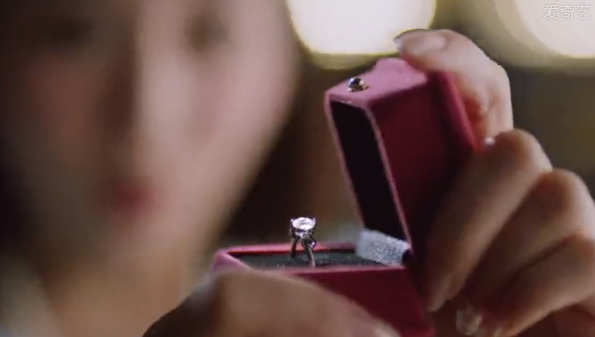
It starts with a man proposing to his love. “Do you really love me?” she asks.

“I love you”, he says. “I swear!”

As he says this he is struck down by lightning by Dian Mu. The suggestion is that he’s lying or being fake.

Next we see the JD.com deliveryman dropping off some cosmetics to a young girl. There have always been issues with some Chinese websites selling fake products and JD want to make clear they can be trusted.
“Are these real?” the girl asks.

“Yes they are. I swear they’re real”, says the delivery boy. And nothing happens to him.
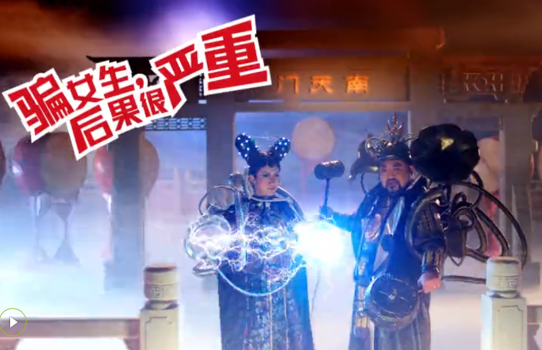
We cut to the two Gods, impressed that they haven’t needed to give out another hit of lightning. On the screen is written: “If you deceive a young lady, then the consequences are very grave indeed”. Well, being struck on the head by lightning would put most people off I’m sure.
At the end of the advert Dian Mu says to her husband Lei Gong, “Do you swear you really love me?”
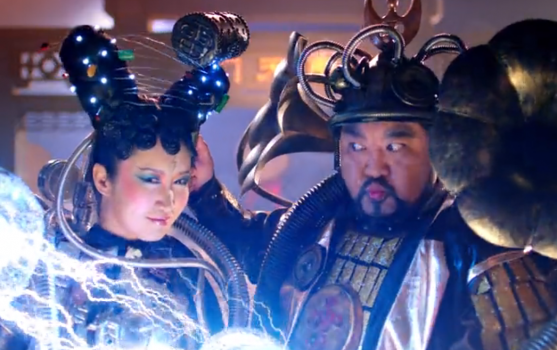
The look on both their faces tells the rest of the story.
Modern marketing
As well as being two pieces of really great marketing, these advertisements give an insight into Chinese culture and also Chinese consumers.
It seems these types of adverts are fairly new in China. I’ve been told that this type of advertising wasn’t very prevalent say five years ago. It all adds to the feeling that China is moving forward very quickly in the way it advertises and markets products to Chinese consumers.
Without a doubt it’s possible to see that the market in China is ripe if you have the right products and the right marketing strategy.
Do you have any examples of clever or interesting marketing related to holidays? What do you think about marketing of public holidays and festivals in general? Please leave a comment and let me know what you think.
